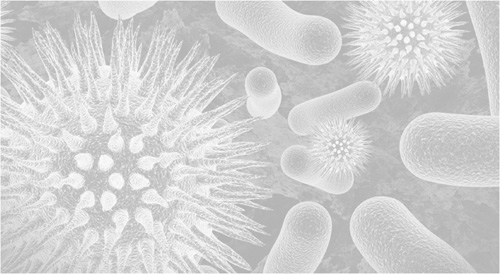Dutch scientist Antonie Phillips van Leeuwenhoek (Anton van Leeuwenhoek; 1632–1723), also a fabric merchant and civil servant, discovered bacteria and other microorganisms in 1674 when he looked at a drop of pond water through a glass lens. Early, single-lens instruments produced magnifications of fifty to 300 times real size (approximately one-third of the magnification produced by modern light microscopes). These primitive microscopes provided a perspective into the previously unknown world of small organisms, which van Leeuwenhoek called “animalcules” in a letter he wrote to the Royal Society of London. Because of these early investigations, van Leeuwenhoek is often considered to be the “father of microbiology.”

